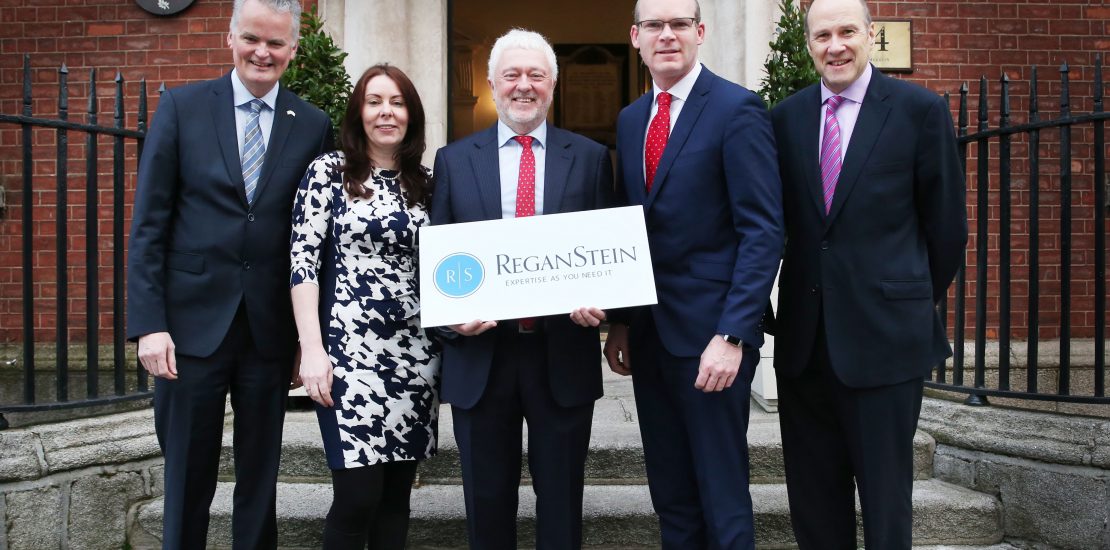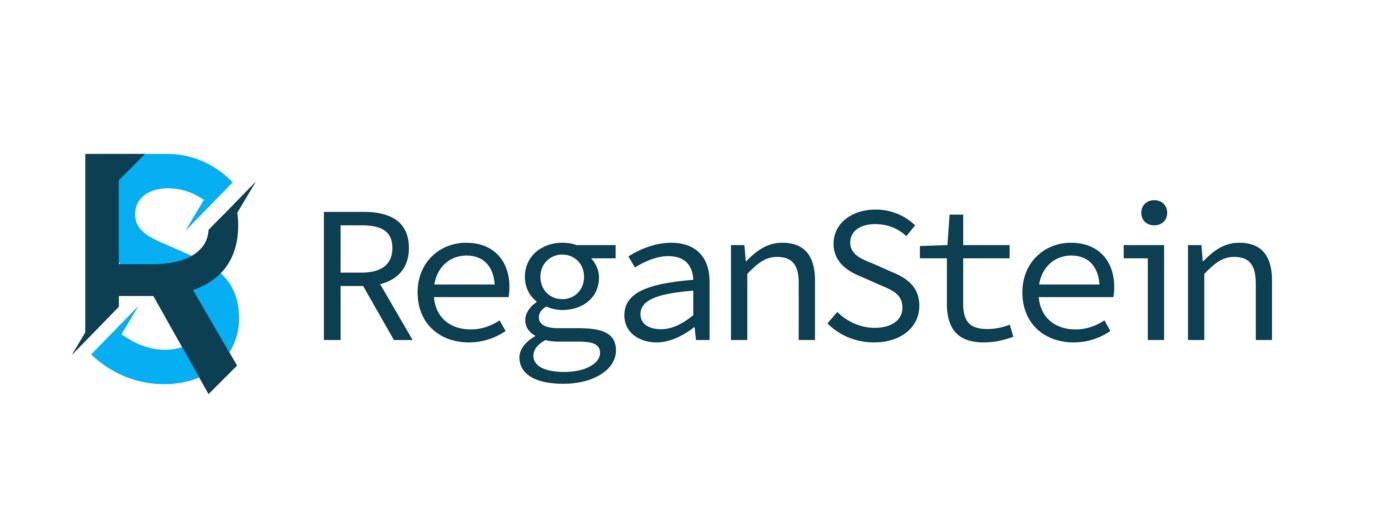- May 1, 2018
- Posted by: Ciara Murphy
- Categories: Consulting, Innovation


Management consulting is a client-driven industry, and as clients’ needs change, the sector – and the consultancies within it – must adapt quickly in terms of services, structure and operations. The past few years have seen significant transition, particularly in terms of technology, legislation and Brexit, and management consulting firms have had to respond rapidly, while maintaining their competitive edge and ensuring their own long-term growth.
The consulting market is being disrupted especially at competitive levels of consulting. Up to now exorbitant rates have been charged by tier 1 and 2 consulting firms. Often a business, especially an SME will not have the financial wherewithal to afford these rates. They are seeking specialist knowledge, for example on technology or Brexit, as and when required but they also need to get value for money.
Large consultancies charge large fees for their ‘branded’ solutions but these are not commensurate with the level of work required and, so that they can grow and make revenue, they also need to charge for more days that the project requires. Junior consultants are usually billed out at a far higher rate than what they are paid. Hence, the SME is paying for a junior level of knowledge for a much higher price.
In any industry, when the basis of competition becomes efficiency rather than innovation and new solutions, disruption lies on the horizon.
At a breakfast business briefing hosted by ReganStein, An Tánaiste Simon Coveney spoke about Brexit and the effect it may have on Irish business and particularly the consulting sector.
ReganStein was founded by Joe Aherne of the Leading Edge Group, global consultants in continuous business process improvement, corporate training and education. The ReganStein proposition is to deliver instant business expertise that is more convenient and cost-effective than either hiring staff or engaging a large unwieldy consultancy firm, thereby disrupting the traditional consulting model.
At the morning’s event Mr Aherne stated that: “Our intention is to disrupt the consulting market especially at the competitive levels of consulting. Festering underneath these firms myriad consulting offerings, methodologies and business models lies some vulnerabilities that I feel will eventually unravel the global consulting business model.
“The same kind of dramatic disruption that other industries like hotels, taxis, books and many more have experienced. An industry can become susceptible to disruption when it becomes entrenched in long standing solutions and financial structures. Flexible experienced professionals, available when needed, is an appealing proposition for any business. The gig economy is coming fast to the consulting sector”, Aherne continued.
ReganStein’s panel of experienced professionals provides specialised and in-depth knowledge and expertise in areas that span the full supply chain – from economic impact studies, data protection, international growth strategies, protected disclosures, HR regulations, exit planning, peer mentoring and research. A veritable ‘one stop shop’ for business in Ireland.
When speaking at the ReganStein briefing event, Nicola Byrne, founder of 11890 and chief executive of Cloud90, said: “The main challenges facing business today is to accept the decisions that have been made from our neighbours, to adapt our policies around that. It is really important that we face up to the realities and figure out a way of keeping the cost of this disruption down.
“No matter what way Brexit works we need to challenge ourselves to ensure that these costs don’t spiral out of control because at the end of the day for the common person on the street their life is definitely going to become a lot more expensive”, she added.

